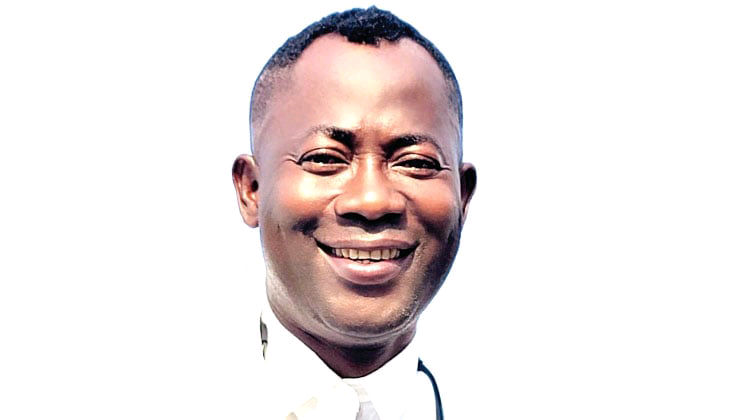-
LASU professor Adewunmi Falode urges Nigeria to adopt a seven-year single term for elected officials to end wasteful election cycles and political instability.
-
Says the current two-term system fuels distractions, heavy litigation, and expensive election spending that weakens governance.
-
Recommends competitive federalism and compulsory education to strengthen Nigeria’s unity, democratic development, and national stability.
A Professor of International Relations and Strategic Studies at Lagos State University (LASU), Adewunmi Falode, has urged the Federal Government to amend the constitution and introduce a single, non-renewable seven-year term for all elected public office holders.
Falode made the call on Tuesday while delivering LASU’s 115th inaugural lecture titled “Bespoke Solutions: Reimagining, Reifying and Realigning the Wheels of the Nigerian State” at the Buba Marwa Auditorium.
ATTENTION: Click “HERE” to join our WhatsApp group and receive News updates directly on your WhatsApp!
The scholar said Nigeria’s current four-year, two-term model is “wasteful, unstable and combustible,” arguing that the arrangement has consistently undermined effective governance. According to him, elected officials barely enjoy five months of distraction-free leadership before getting entangled in election-related court cases and early politicking for another term.
Falode’s position aligns with earlier calls by public figures including Oyo State Governor Seyi Makinde, former Anambra Governor Peter Obi, economist Pat Utomi, former NBA President Wole Olanipekun (SAN), and ex–Deputy Senate President Ike Ekweremadu, who have all advocated a single presidential term of between five and six years.
He drew parallels with countries such as Mexico and the Philippines, which operate single-term systems, noting that Nigeria could benefit from adopting a similar structure. With a seven-year tenure, he said, office holders would have at least four uninterrupted years for governance, while the remaining years could absorb campaigns and litigation processes.
Falode stressed that Nigeria’s democracy remains expensive and exclusionary, listing huge financial outlays on electoral cycles since 1983 without corresponding democratic stability. He noted that the costs of post-election litigations, coupled with lives lost and businesses destroyed, still require judicial intervention to “realign the system” after every cycle.
He argued that the current structure leaves office holders spending two years battling petitions, five months governing effectively, and the rest preparing for re-election — a pattern he described as the “unhappy circle” that has persisted since 1960.
READ ALSO: Come Back To Class, Earn Your Degree – LASU Tells Bella Shmurda
Beyond tenure reform, the professor called for competitive federalism, insisting that Nigeria must “domesticate” its federal structure rather than borrow wholesale from the United States. He explained that a weaker centre and stronger states would promote unity, equitable development, and political stability.
He commended President Bola Tinubu for the proposed 2025 Tax Reforms Bill, which he said moves the country closer to fiscal federalism and encourages states to innovate in revenue generation.
On national unity, Falode identified education as the most critical tool for national integration and political development. He urged the government to make universal primary and secondary education compulsory and free, arguing that literacy and a unified education model — similar to China’s — would reduce extremism and strengthen national identity.
The don traced Nigeria’s governance crises to colonial legacies and deviations from the federal structure adopted at independence. He maintained that Nigeria might have achieved greater political stability had the early federal arrangements been nurtured and refined instead of abandoned.
Dignitaries at the lecture included the Olota of Ota, Oba Abdulkabir Obalanlege; LASU Vice Chancellor, Prof. Ibiyemi Olatunji-Bello (represented by the Deputy Vice Chancellor for Academics, Prof. Taiwo Afisi); Registrar Emmanuel Fanu; and PUNCH Managing Director/Editor-in-Chief, Joseph Adeyeye.

